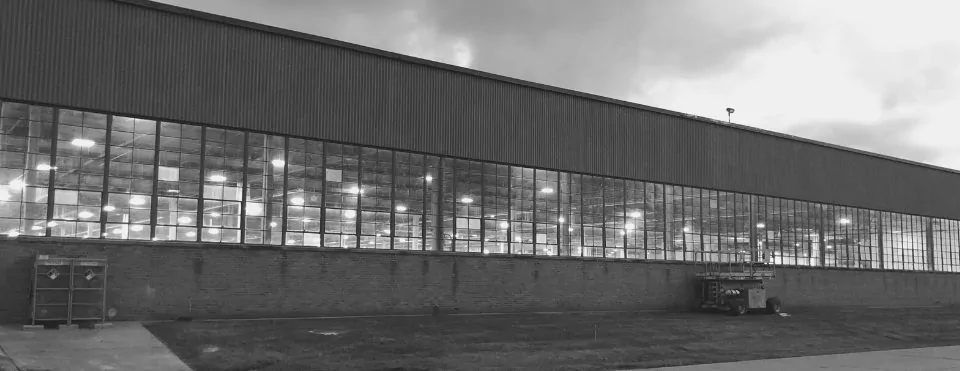A Comprehensive Guide to Energy Efficiency in Hotels
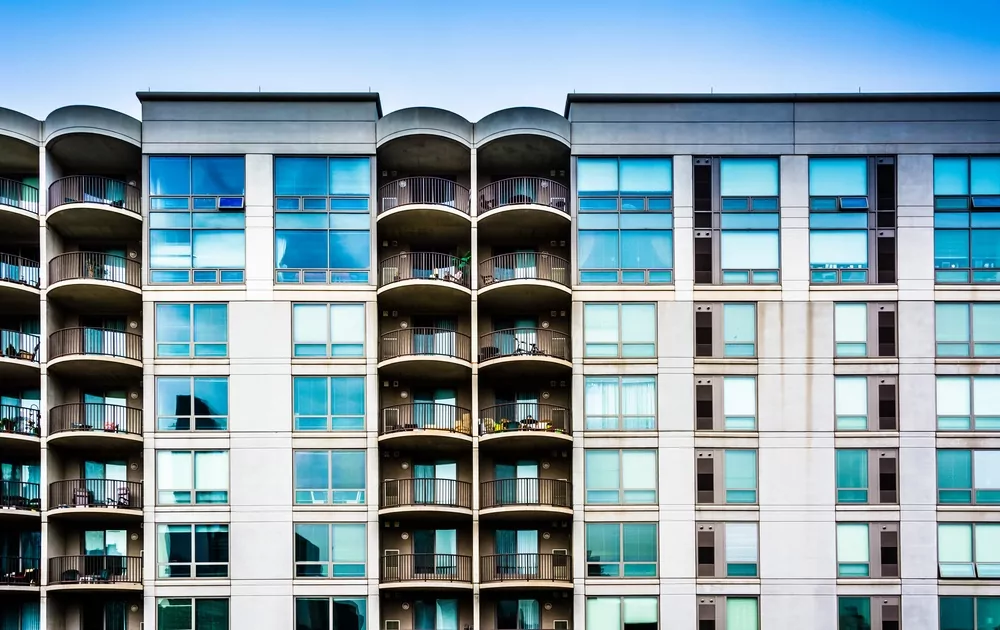
Nov 06 2023
Enhancing Hospitality with Sustainability
The hospitality industry, with its vast network of hotels and resorts, plays a significant role in shaping global energy consumption patterns. As environmental concerns and resource scarcity become increasingly prominent, hotels are under pressure to adopt sustainable practices and reduce their energy footprint. Embracing energy efficiency not only benefits the environment but also enhances a hotel’s reputation, attracts eco-conscious clientele, and contributes to long-term cost savings.
Identifying Energy Consumption Patterns
The first step towards energy efficiency in hotels is to thoroughly understand current energy consumption patterns. This involves conducting a hospitality energy audit, which is a comprehensive assessment of the hotel’s energy across various parts of the hotel operations. The audit should identify areas of high energy consumption and potential inefficiencies, providing valuable insights for implementing targeted energy-saving measures.
A strong audit should start with current lighting systems, both in common areas and rooms. Common area lighting will typically have longer hours of operation, and therefore, more energy draw. But both are important, especially as customers spend more time in rooms typically and are impacted by the lighting in the room in how they perceive your space.
HVAC system, which are typically from a centralizes cooling and heating system, have a fan in each room to heat and cool the space. Again, the usage may be higher in the common areas, especially if the hotel has a pool, dining area, conference room, etc. These large spaces can be closed for large time periods at night or off times, and yet still heated and cooled like they are used 24/7.
Refrigeration systems are also critical to look at in hotels that have food service or storage. Refrigeration systems can use huge amounts of power, and modern EC motors and controls can save a ton of energy.
Finally, a control system is critical to measure and manage energy. You can’t change what you can’t measure is the old adage, and it is even more important in energy usage. If your hotel lacks a control system, modern Energy Management Systems can really impact monitoring how the energy is used, as well as adjusting settings to find deep savings.
Optimizing HVAC and Lighting Systems
Heating, ventilation, and air conditioning (HVAC) systems are typically the largest energy consumers in hotels. Implementing smart controls and optimizing HVAC operation schedules can significantly reduce energy consumption. Additionally, upgrading to energy-efficient HVAC equipment, such as variable-speed drives and high-efficiency chillers, can further enhance energy savings.
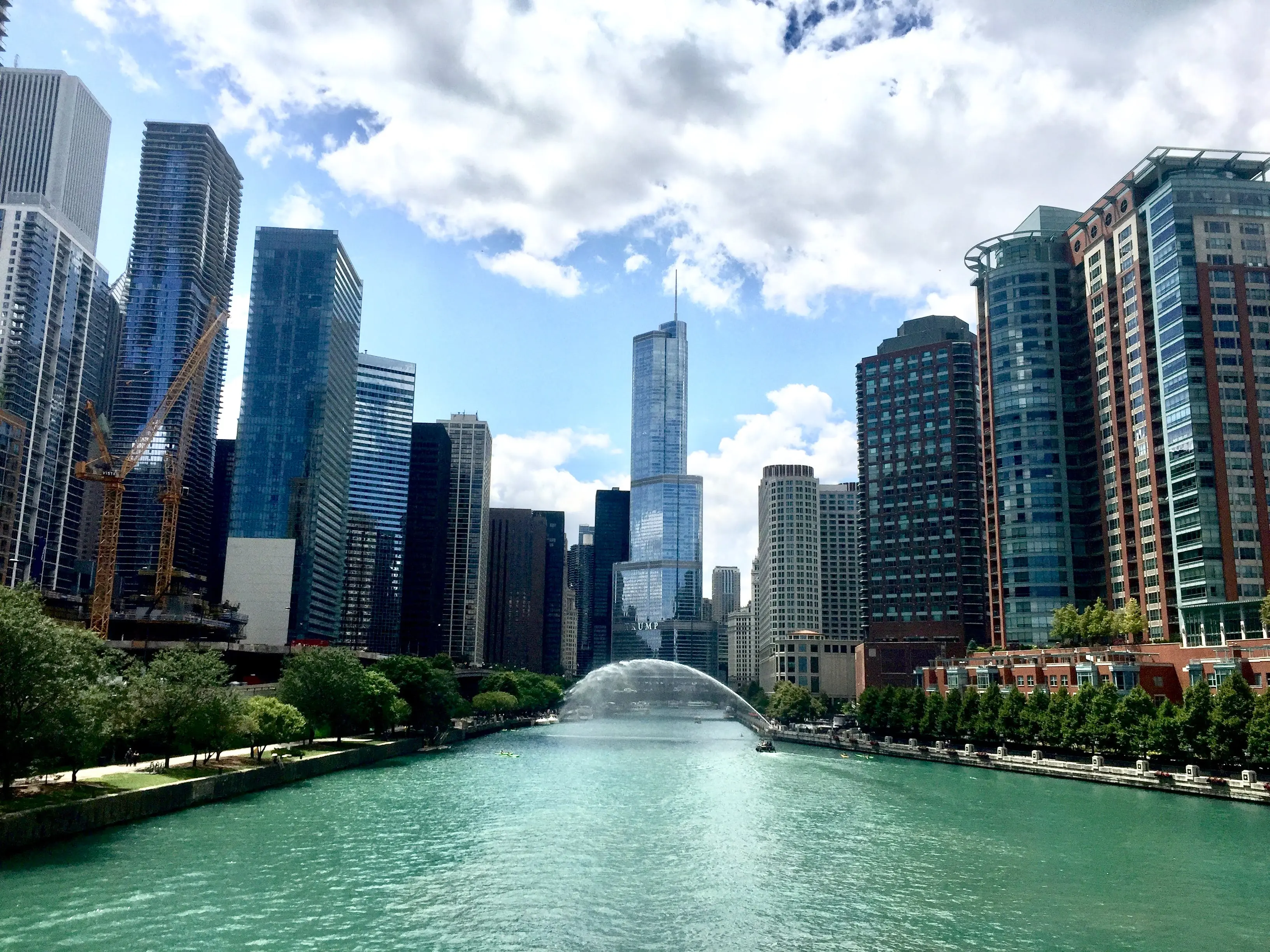
Lighting systems are another major source of energy consumption in hotels. Replacing traditional incandescent and fluorescent bulbs with energy-efficient LED lights can reduce lighting energy consumption by up to 80%. Additionally, installing occupancy sensors, daylight harvesting controls, and motion detectors can further optimize lighting usage.
Adopting Water-Efficient Practices
Water conservation is an integral part of energy efficiency in hotels. Implementing water-efficient fixtures, such as low-flow showerheads, faucet aerators, and high-efficiency toilets, can significantly reduce water consumption and associated energy costs. Additionally, educating guests about water conservation practices and encouraging towel reuse can further contribute to water savings.
Many hotels now offer towel replacement after 3 days, instead of the assumed every day. A small change that makes a huge impact in both energy and labor costs, and most hotel guests prefer this. For those that do not, a simple adjustment can be made to meet their needs.
Enhancing Building Envelope and Insulation
The building envelope, which includes walls, roofs, and windows, plays a crucial role in maintaining indoor temperature and reducing energy consumption. Upgrading insulation, sealing air leaks, and utilizing energy-efficient windows can significantly improve the building’s thermal performance, reducing heating and cooling costs.
It can be hard to make large capital changes to a hotel. But very simple door sweeps can make a big difference on heating, cooling, and more importantly – comfort. This small product can cost less than $5 and just a few minutes of labor from someone experienced, who you likely already have one staff.
Harnessing Renewable Energy Sources
Hotels can further reduce their environmental impact and energy costs by incorporating renewable energy sources into their operations. Installing solar panels to generate electricity, utilizing solar thermal systems for water heating, and exploring geothermal energy options can contribute to a significant reduction in greenhouse gas emissions and reliance on fossil fuels.
Rural hotels have a huge advantage in this area – with the ability to put solar PV arrays on the ground near your hotel. This can save the problems that can impact roofs with solar systems, as well as make a more visible statement to your guests.
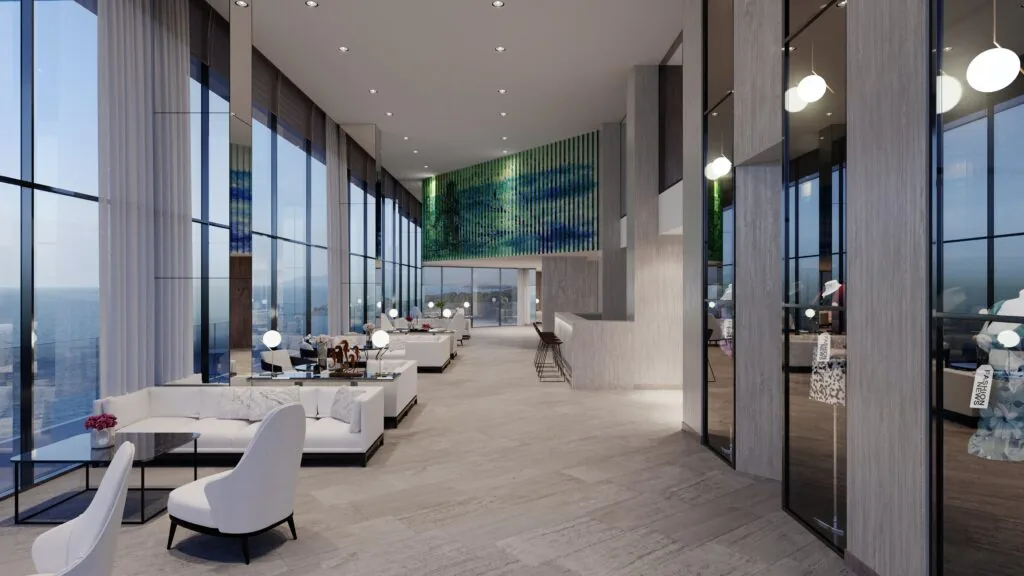
Implementing Smart Building Technologies
Smart building technologies, such as building automation systems (BAS) and energy management systems, can provide real-time data on energy consumption patterns and enable automated adjustments to optimize energy usage. These systems can also monitor and control various building systems, such as HVAC, lighting, and appliances, to ensure efficient operation and reduce energy waste.
Promoting Sustainability Through Guest Engagement
Engaging guests in sustainability initiatives can enhance a hotel’s reputation and encourage eco-conscious practices. Providing clear information about the hotel’s sustainability efforts, offering incentives for conserving energy and water, and incorporating sustainable options into guest amenities can all contribute to a more environmentally responsible hospitality experience.
Enhancing Hospitality with Sustainability
The hospitality industry, with its vast network of hotels and resorts, plays a significant role in shaping global energy consumption patterns. As environmental concerns and resource scarcity become increasingly prominent, hotels are under pressure to adopt sustainable practices and reduce their energy footprint. Embracing energy efficiency not only benefits the environment but also enhances a hotel’s reputation, attracts eco-conscious clientele, and contributes to long-term cost savings.
Identifying Energy Consumption Patterns
The first step towards energy efficiency in hotels is to thoroughly understand current energy consumption patterns. This involves conducting an energy audit, which is a comprehensive assessment of the hotel’s energy usage across various departments and operations. The audit should identify areas of high energy consumption and potential inefficiencies, providing valuable insights for implementing targeted energy-saving measures.
A strong audit should start with current lighting systems, both in common areas and rooms. Common area lighting will typically have longer hours of operation, and therefore, more energy draw. But both are important, especially as customers spend more time in rooms typically and are impacted by the lighting in the room in how they perceive your space.
HVAC system, which are typically from a centralizes cooling and heating system, have a fan in each room to heat and cool the space. Again, the usage may be higher in the common areas, especially if the hotel has a pool, dining area, conference room, etc. These large spaces can be closed for large time periods at night or off times, and yet still heated and cooled like they are used 24/7.
Refrigeration systems are also critical to look at in hotels that have food service or storage. Refrigeration systems can use huge amounts of power, and modern EC motors and controls can save a ton of energy.
Finally, a control system is critical to measure and manage energy. You can’t change what you can’t measure is the old adage, and it is even more important in energy usage. If your hotel lacks a control system, modern Energy Management Systems can really impact monitoring how the energy is used, as well as adjusting settings to find deep savings.
Optimizing HVAC and Lighting Systems
Heating, ventilation, and air conditioning (HVAC) systems are typically the largest energy consumers in hotels. Implementing smart controls and optimizing HVAC operation schedules can significantly reduce energy consumption. Additionally, upgrading to energy-efficient HVAC equipment, such as variable-speed drives and high-efficiency chillers, can further enhance energy savings.
Lighting systems are another major source of energy consumption in hotels. Replacing traditional incandescent and fluorescent bulbs with energy-efficient LED lights can reduce lighting energy consumption by up to 80%. Additionally, installing occupancy sensors, daylight harvesting controls, and motion detectors can further optimize lighting usage.
Adopting Water-Efficient Practices
Water conservation is an integral part of energy efficiency in hotels. Implementing water-efficient fixtures, such as low-flow showerheads, faucet aerators, and high-efficiency toilets, can significantly reduce water consumption and associated energy costs. Additionally, educating guests about water conservation practices and encouraging towel reuse can further contribute to water savings.
Many hotels now offer towel replacement after 3 days, instead of the assumed every day. A small change that makes a huge impact in both energy and labor costs, and most hotel guests prefer this. For those that do not, a simple adjustment can be made to meet their needs.
Enhancing Building Envelope and Insulation
The building envelope, which includes walls, roofs, and windows, plays a crucial role in maintaining indoor temperature and reducing energy consumption. Upgrading insulation, sealing air leaks, and utilizing energy-efficient windows can significantly improve the building’s thermal performance, reducing heating and cooling costs.
It can be hard to make large capital changes to a hotel. But very simple door sweeps can make a big difference on heating, cooling, and more importantly – comfort. This small product can cost less than $5 and just a few minutes of labor from someone experienced, who you likely already have one staff.
Harnessing Renewable Energy Sources
Hotels can further reduce their environmental impact and energy costs by incorporating renewable energy sources into their operations. Installing solar panels to generate electricity, utilizing solar thermal systems for water heating, and exploring geothermal energy options can contribute to a significant reduction in greenhouse gas emissions and reliance on fossil fuels.
Rural hotels have a huge advantage in this area – with the ability to put solar PV arrays on the ground near your hotel. This can save the problems that can impact roofs with solar systems, as well as make a more visible statement to your guests.
Implementing Smart Building Technologies
Smart building technologies, such as building automation systems (BAS) and energy management systems, can provide real-time data on energy consumption patterns and enable automated adjustments to optimize energy usage. These systems can also monitor and control various building systems, such as HVAC, lighting, and appliances, to ensure efficient operation and reduce energy waste.
Whenever possible, an Energy Recovery Ventilator should be used in hospitality spaces because of how much energy they save, with up to 93% of energy saved by these new products.
Promoting Sustainability Through Guest Engagement
Engaging guests in sustainability initiatives can enhance a hotel’s reputation and encourage eco-conscious practices. Providing clear information about the hotel’s sustainability efforts, offering incentives for conserving energy and water, and incorporating sustainable options into guest amenities can all contribute to a more environmentally responsible hospitality experience.
Are Hotels a Good Location for EV Car Chargers?
Hotels can be good places for EV car chargers, but it depends on a few factors. Here are some of the pros and cons:
Pros:
- Convenience for guests: Hotels are a natural stopping point for EV drivers on road trips, so having chargers on-site can be a major convenience for them. It allows them to charge their car while they sleep or eat, which can save them time and money.
- Improved brand image: Hotels that offer EV charging can be seen as being more environmentally friendly and forward-thinking, which can appeal to eco-conscious customers.
- Potential for additional revenue: Hotels can charge guests for using the chargers, which can generate additional income.
Cons:
- Cost of installation: Installing EV chargers can be expensive, and hotels may not be willing to make the investment if they don’t think there will be enough demand. Hotels often have a lot of power being used, so there may not be available space on electrical panels for new service.
- Limited availability: There may not be enough space at the hotel to install enough chargers for all of their guests, especially making service close to the parking lot. When there is a lot of space between the building at the parking lot, electric lines need to be trenched underground, which adds to costs.
Overall, whether or not hotels are good places for EV car chargers is a decision that each hotel will need to make on a case-by-case basis. There are both pros and cons to consider, and the decision will ultimately depend on the specific needs of the hotel and its guests. There is no doubt though that a growing number of hotel guests are driving EVs, and those hotels that build loyalty to those drivers will find dividends for years, whether they charge for the service or not. A full hotel room brings in a lot of revenue, and a full charge on an EV costs very little.
What Are Some Top Recommendations to Save Energy from a Hospitality Energy Audit
- Converting Parking Lot lighting to LED is the right place to start, since parking lot lights are on all night long for most hotels and use a ton of energy. In addition, upgrading to LED can save money on maintenance, an unexpected benefit to this energy efficiency project.
- Daylight harvesting and photocell systems are a very inexpensive tool to keep lights off during the day. Often costing less than $20 each, photocells turn off outdoor lights during the day and save a ton of energy and are better than timer clocks, that can become out of whack over time. Daylight harvesting is a strategy that dims indoor lights when there is plenty of daylight, savings energy and wasted system life. Daylight harvesting is great for pools and other sunny interior areas of a building.
- Interior LED lighting conversions for the back of house are often still an opportunity at some place in a hotel. Most hotels have upgraded their public facing common area lighting to LED. However, we have seen back of house lighting are more often than not still fluorescent lighting, making these areas a big place to consider upgrading to LED. And since they are often not visible to the public, a Type A, B or C LED retrofit can be a great place to start and very fast payback.
- Retrocommissioning saves a lot of energy for large hotels. This approach helps adjust the Building Automation System to get it back to original design. Retrocommissioning, or RCx, usually has low capital investment and only recommends adjustments that lead to a 1.5 year simple pay back.
How Do I Begin a Hospitality Energy Audit
Adopting energy-efficient practices is not only a responsibility towards the environment but also a strategic business decision for hotels in 2024. By implementing comprehensive energy-saving measures, hotels can reduce their operating costs, enhance their brand image, and attract an increasing number of environmentally conscious guests. As the world shifts towards a more sustainable future, hotels that embrace energy efficiency will be well-positioned for success and long-term growth.
Featured Posts
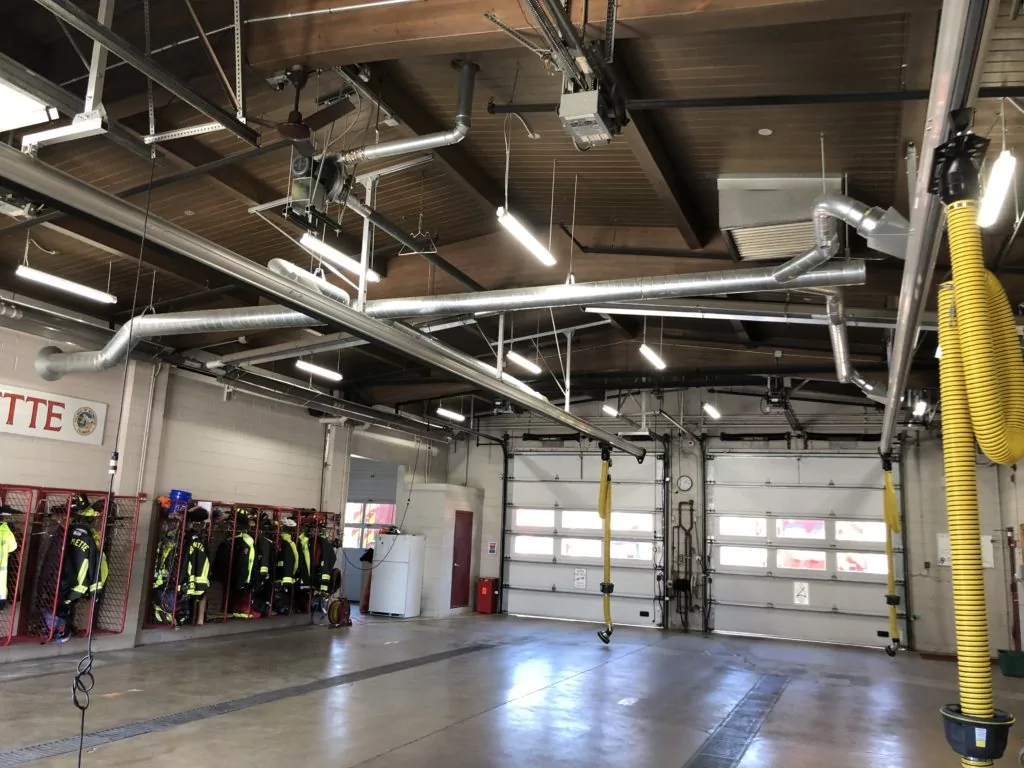
Mar 15 2021
Energy Savings Formula
In 2002, I became a firefighter in the north suburbs of Chicago. I was young and idealistic - loving almost every part of the job. However, I had another secret passion - sustainability. In addition…
Continue Reading >

May 02 2019
Verde Energy Efficiency Experts 10 Most Sustainable Companies in Chicago
In our energy efficiency consulting firm, we constantly look for inspiration from local companies that lead and innovate in clean energy and sustainability. Not all companies have billion dollar budgets, but that doesn’t mean that…
Continue Reading >
Related Articles
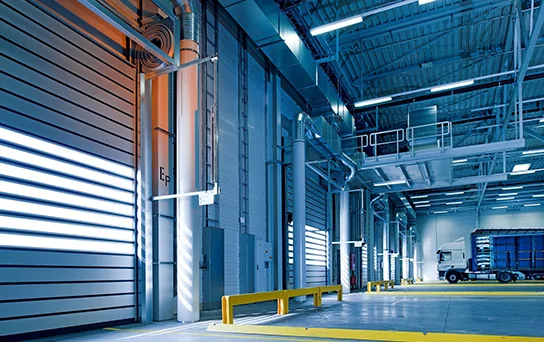
Mar 31 2025
Cut Warehouse Costs With Proven Commercial Energy Efficiency Upgrades
Warehouse operators are relentlessly pursuing smarter ways to reduce costs, increase workplace safety, and improve commercial energy efficiency. But what’s the best way to achieve this? As experts in commercial energy efficiency, Verde has the answers.…
Continue Reading >
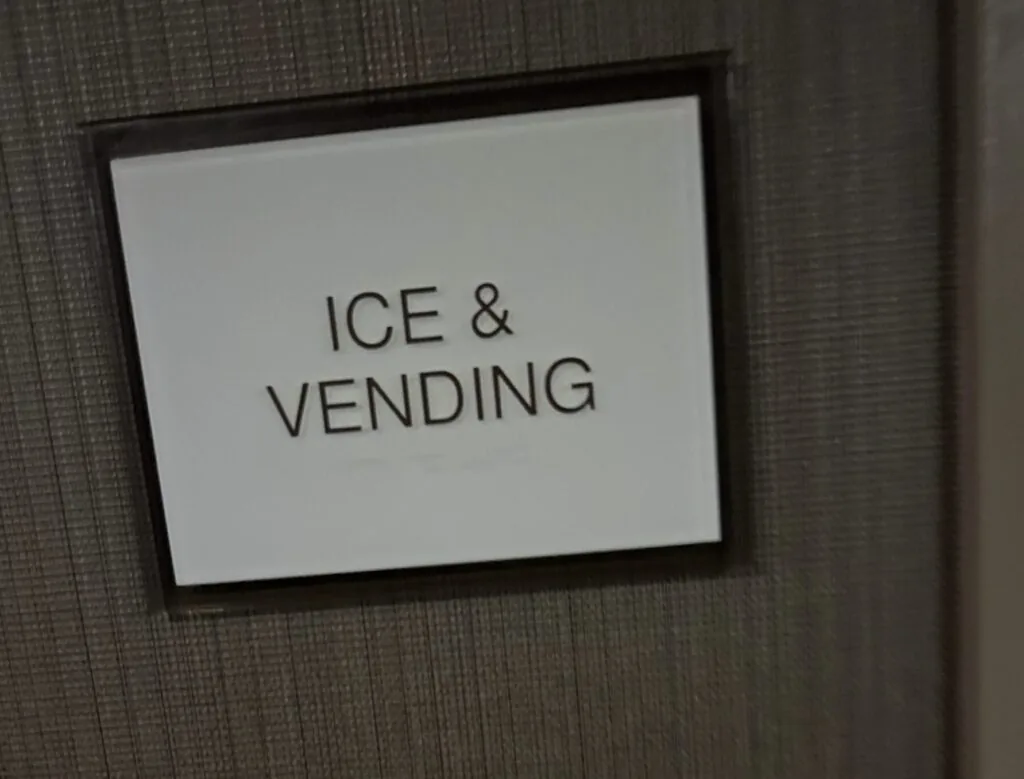
May 08 2024
Decarbonizing Hotels – Is it Possible?
Lower Energy Cost Hospitality with Decarbonization Hotels are huge energy users - with a lot of guests that come and go quickly, keeping them comfortable is no small task. As we look ahead at decarbonization…

